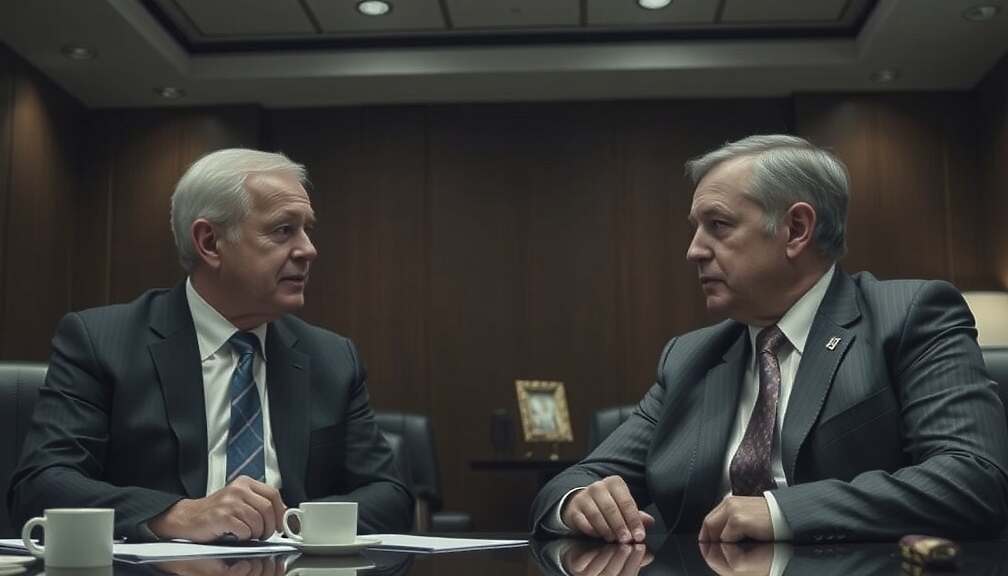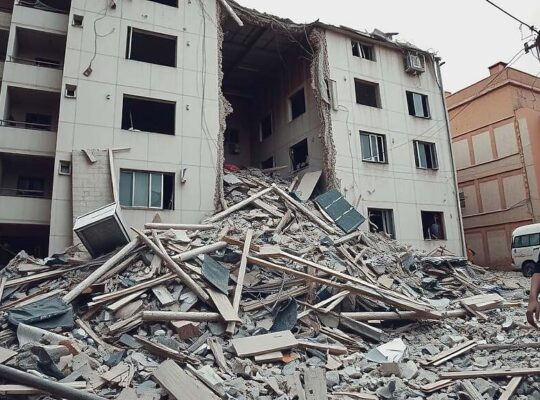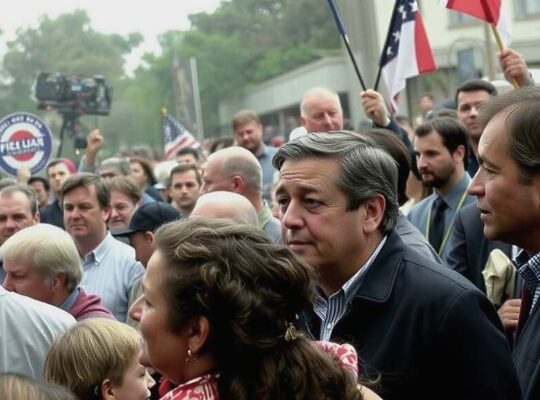A flurry of diplomatic activity has underscored the complex and evolving dynamics surrounding the ongoing conflict in Ukraine. Chancellor Friedrich Merz of the Christian Democratic Union (CDU) engaged in another telephone conversation with Ukrainian President Volodymyr Zelenskyy on Tuesday, according to a statement released by the German government. While details remained deliberately scarce, the conversation reportedly followed up on discussions held in Geneva on Sunday, purportedly focused on the status of negotiations for a cessation of hostilities.
This latest exchange marks a pattern of intensified communication, with Merz having already spoken with Zelenskyy last Friday. That conversation, which also included French President Emmanuel Macron and British Prime Minister Keir Starmer, publicly reaffirmed a commitment to providing “unwavering and full support” to Ukraine in its pursuit of a “lasting and just peace.
However, the lack of transparency surrounding these conversations raises questions about the nature of the discussions and the degree to which Germany, France and the United Kingdom are actively involved in shaping a potential resolution. Critics argue that the vague assurances of support, while reassuring in principle, offer little concrete information regarding specific negotiating positions or mediating strategies.
The repeated emphasis on a “lasting and just peace” also begs further scrutiny. What constitutes “just” remains undefined, leaving room for varying interpretations and potentially hindering progress towards a consensus. Furthermore, the timing of these conversations, following the Geneva discussions, suggests a reactive rather than proactive approach, prompting speculation about the level of influence these Western leaders genuinely wield within the negotiation process.
While solidarity with Ukraine remains paramount, the opaque nature of these diplomatic engagements risks fostering mistrust and underscores the urgent need for greater transparency regarding the strategies employed to achieve a durable and equitable resolution to the conflict.












